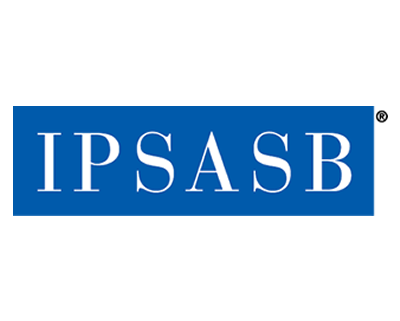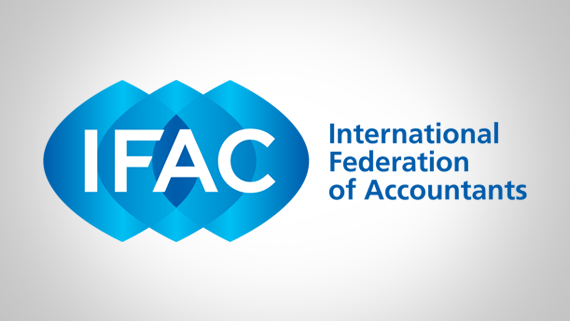COVID-19: Relevant IPSASB Accounting Guidance
This Questions and Answers (Q&A) publication is issued by the staff of the International Public Sector Accounting Standards Board to provide insight into the financial reporting issues associated with COVID-19 government responses, and the relevant IPSAS and other guidance already available.




